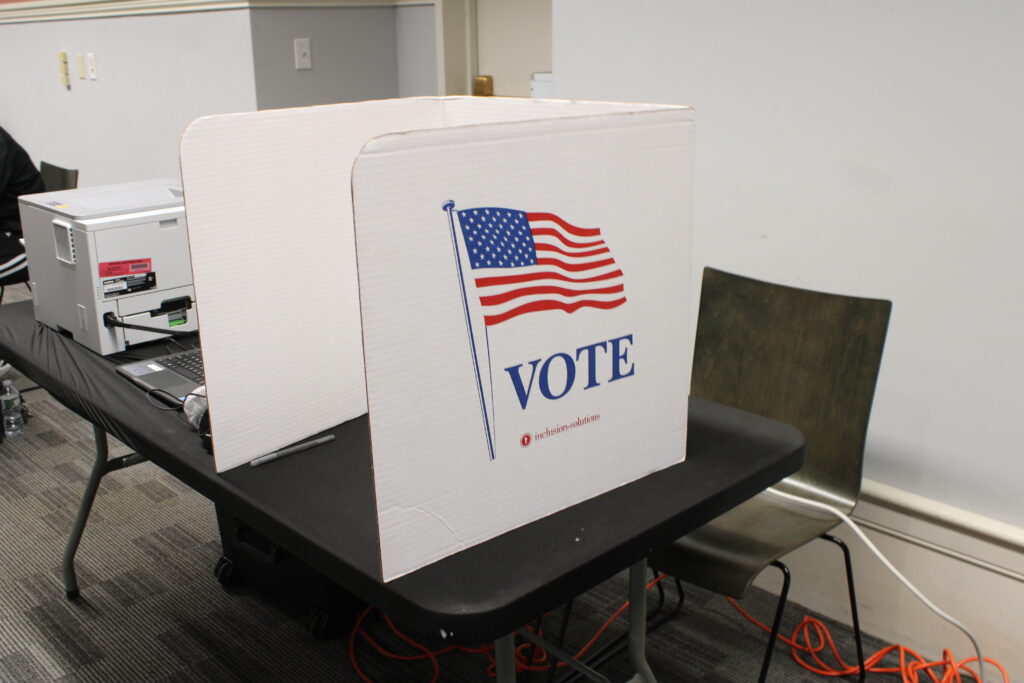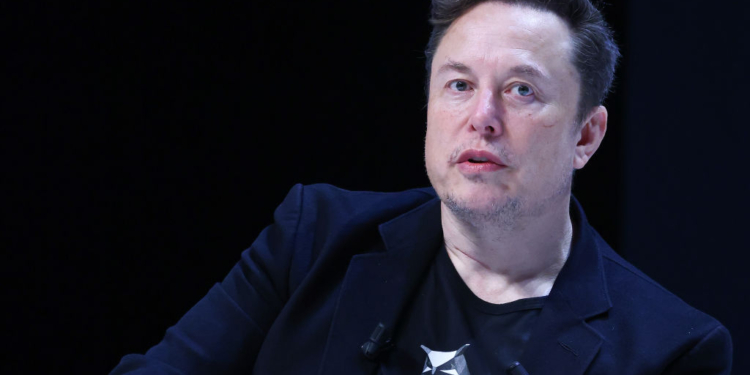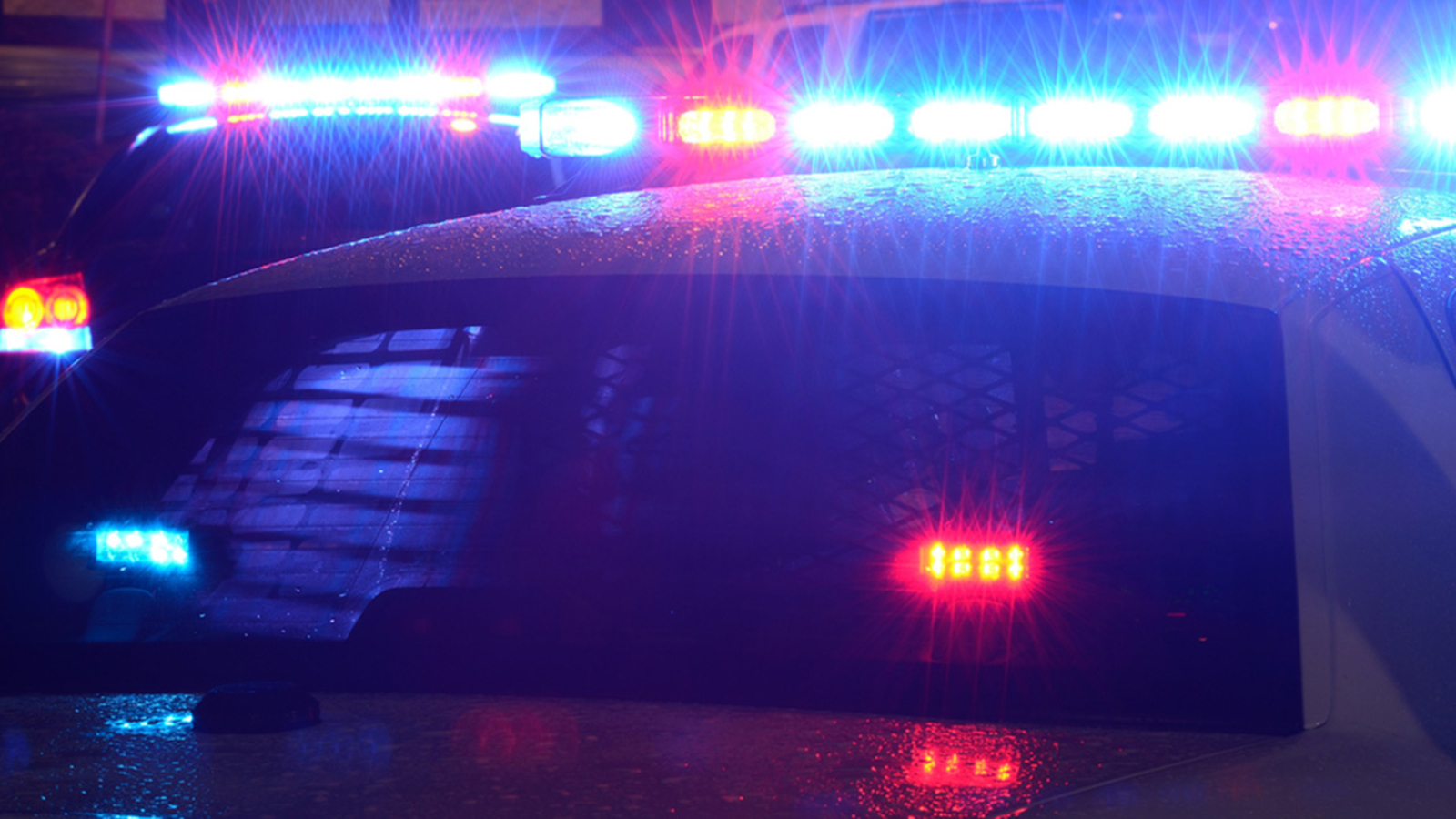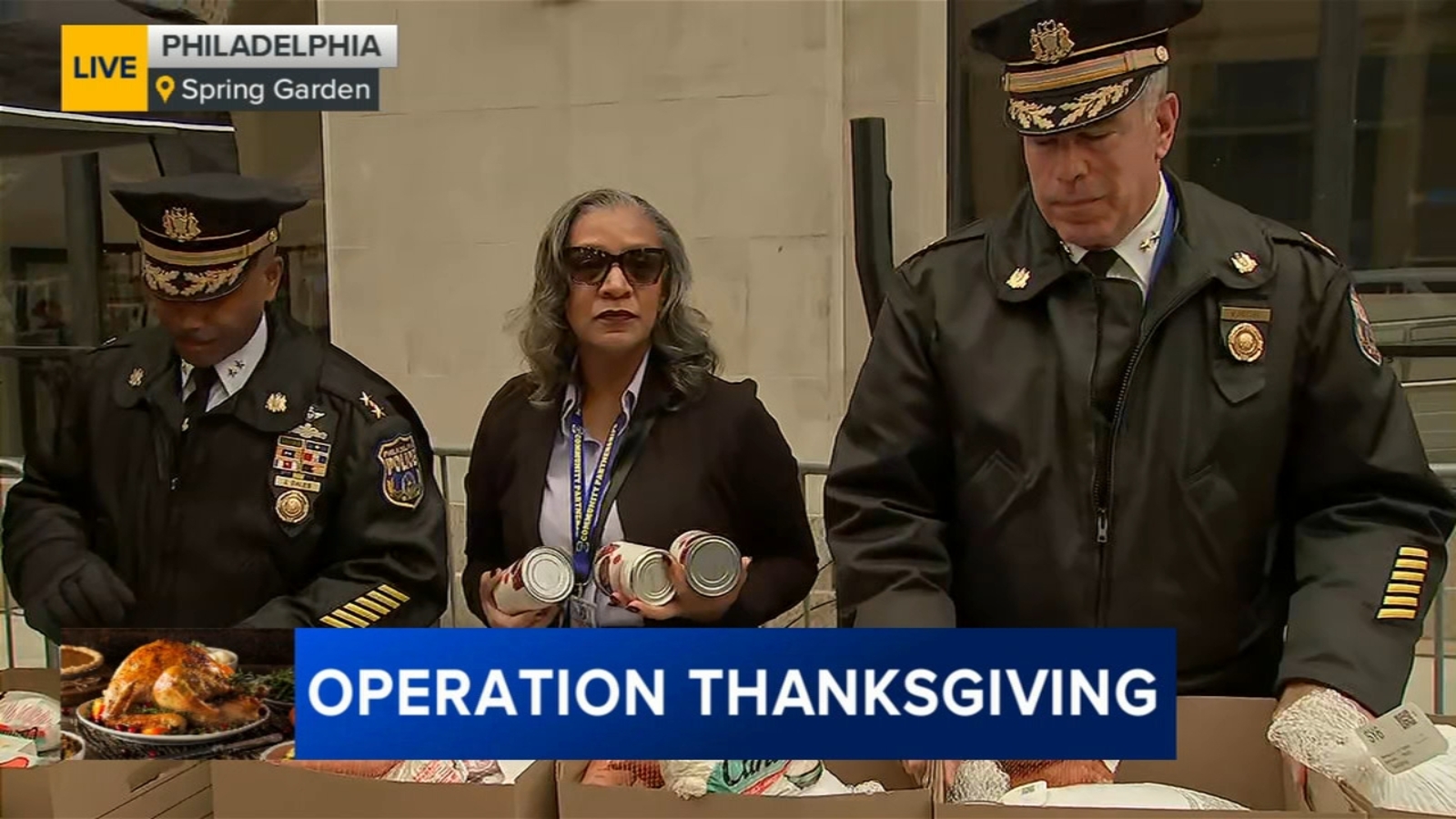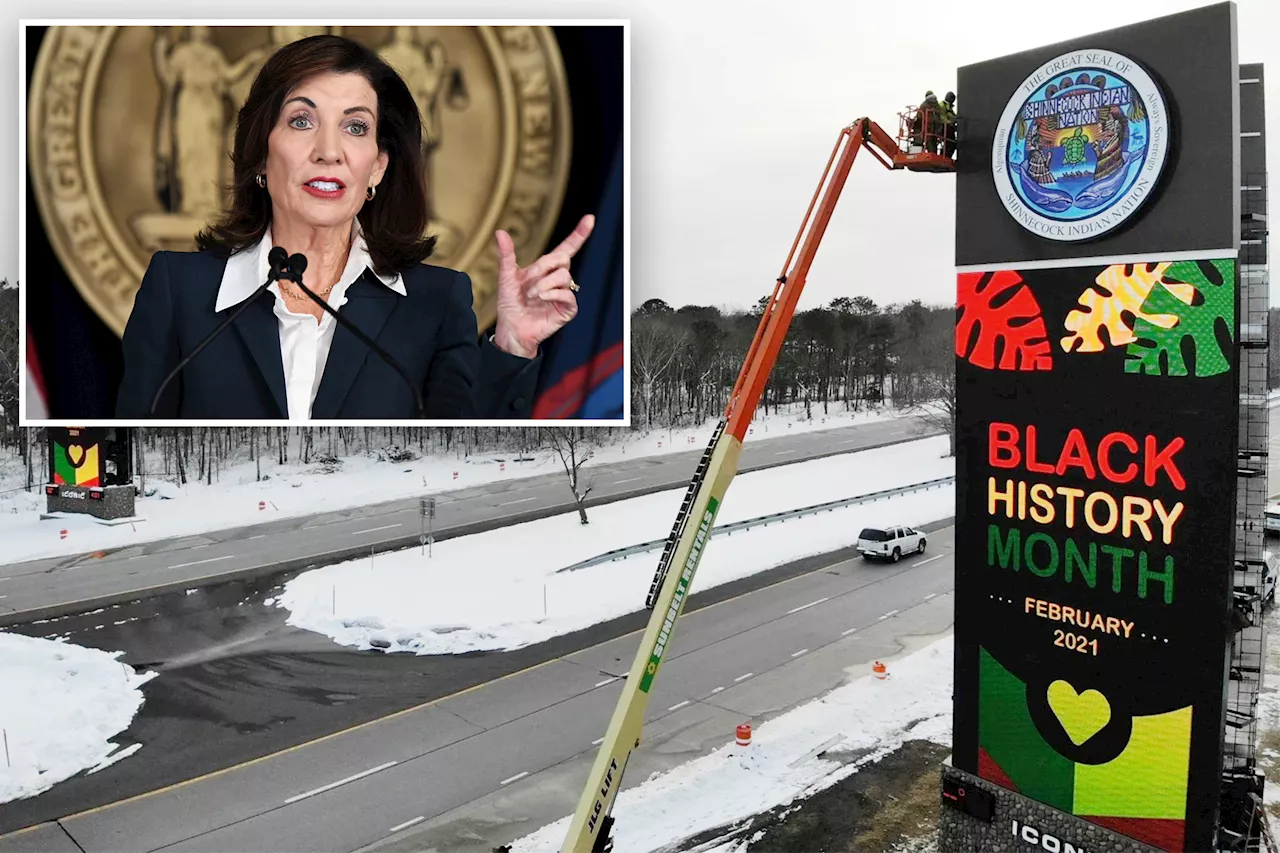UPDATE: New Haven’s city elections are shaping up to be remarkably low-key, with a lack of competitive races just days before voters head to the polls. As of October 12, 2023, only seven of the city’s 30 alder seats are contested, raising concerns about voter engagement in an election cycle that should inspire action.
In stark contrast to the highly publicized three-way mayoral contest in New York City, New Haven’s current political landscape appears stagnant. Incumbent mayor Justin Elicker is facing a Republican challenger, Steve Orosco, but political analysts believe Elicker holds a comfortable lead. Yale political scientist Douglas Rae stated, “Elicker is a comfortable incumbent. A mayor has got to really screw up to make it worthwhile to go after him.”
As of Thursday afternoon, 928 New Haven residents have already cast their ballots, marking the first opportunity for early voting in the municipal elections. Despite this, local leaders express concern about low turnout, which historically mirrors the intensity of the mayoral race. In 2019, nearly 30% of eligible voters participated, but this figure dropped to just 23% in 2021 and slightly increased to 24.5% in 2023.
The overall number of active voters in New Haven has surged by over 17% since the last election, totaling 61,764—the highest in a decade. However, this increase does not translate into higher voter engagement, as many residents feel disillusioned with the electoral process. Patricia Rossi, president of the New Haven League of Women Voters, noted, “The big reason why turnout is so low is because none of the races are considered particularly competitive.”
The lack of competition extends beyond the mayoral race, as only three incumbents are facing challengers in the seven contested alder races. Civic leader Leslie Radcliffe remarked that candidates are “not throwing rocks, they’re not being loud,” suggesting a pervasive sense of apathy among voters.
Rossi emphasized the importance of municipal elections, stating, “Who the mayor is, who your alder is, affects whether there’s going to be a park, whether there’s going to be a bus that stops in front of your door—things that affect you every single day.”
In comparison, other Connecticut cities faced even lower turnout rates. In the 2023 municipal elections, less than 20% of registered voters in Bridgeport and just 13.7% in Hartford participated. Conversely, suburban towns like New Canaan and Greenwich experienced turnout rates exceeding 50%.
As New Haven prepares for these elections, underlying issues such as housing, gentrification, and public safety remain critical talking points. Rae highlighted that discussions around zoning regulations and downtown development are alive but lack public attention.
Despite the quiet nature of this election cycle, President Donald Trump’s influence looms large over local politics. Elicker has positioned his candidacy against Trump’s values, intensifying the political climate in the Elm City.
As the clock ticks down to Election Day, the question remains: will New Haven residents rise to the occasion, or will disillusionment continue to dampen voter turnout? With significant local issues at stake, the implications of this election could have lasting effects on the community.
Stay tuned as we continue to monitor this developing story. For more updates on New Haven’s elections, subscribe to our newsletter!

